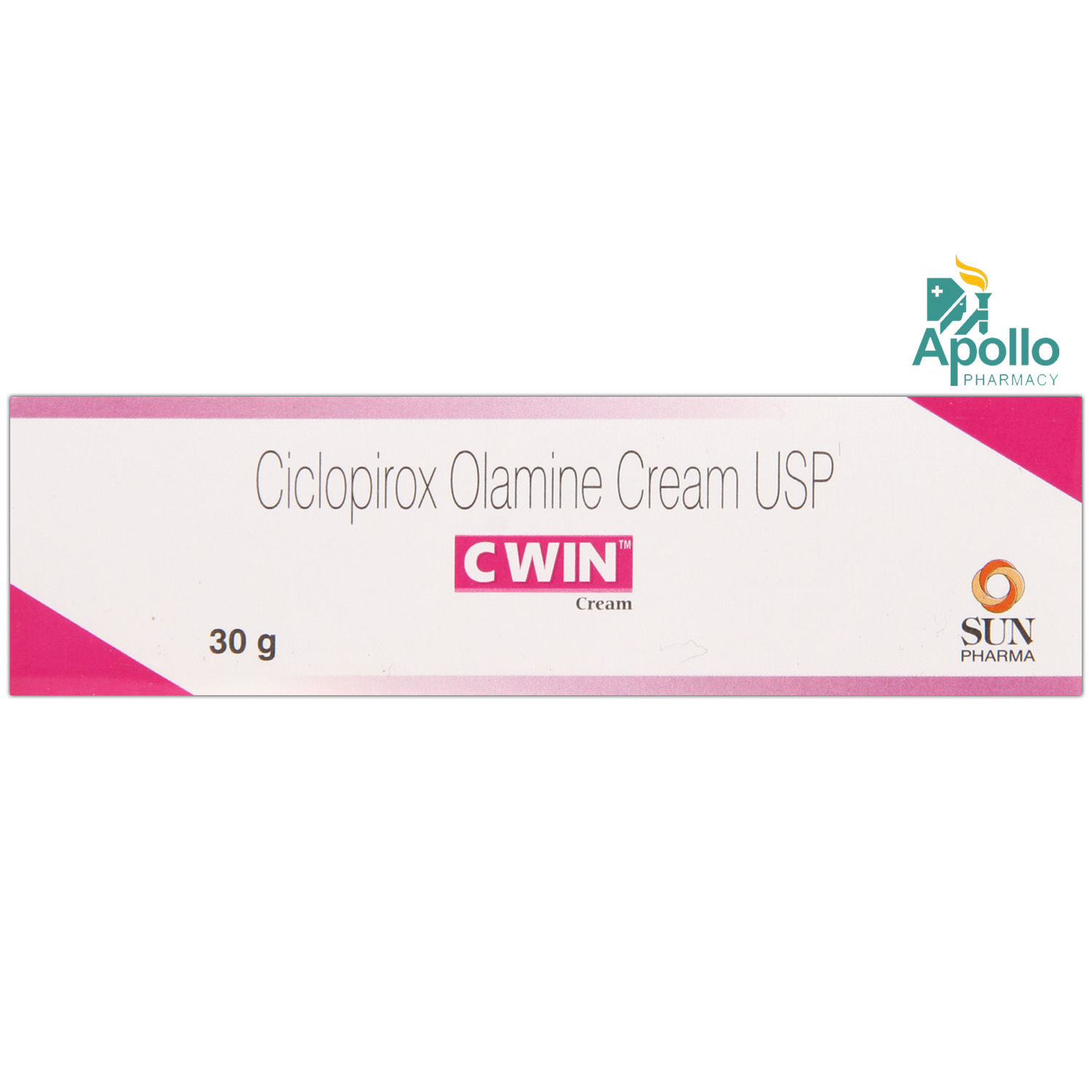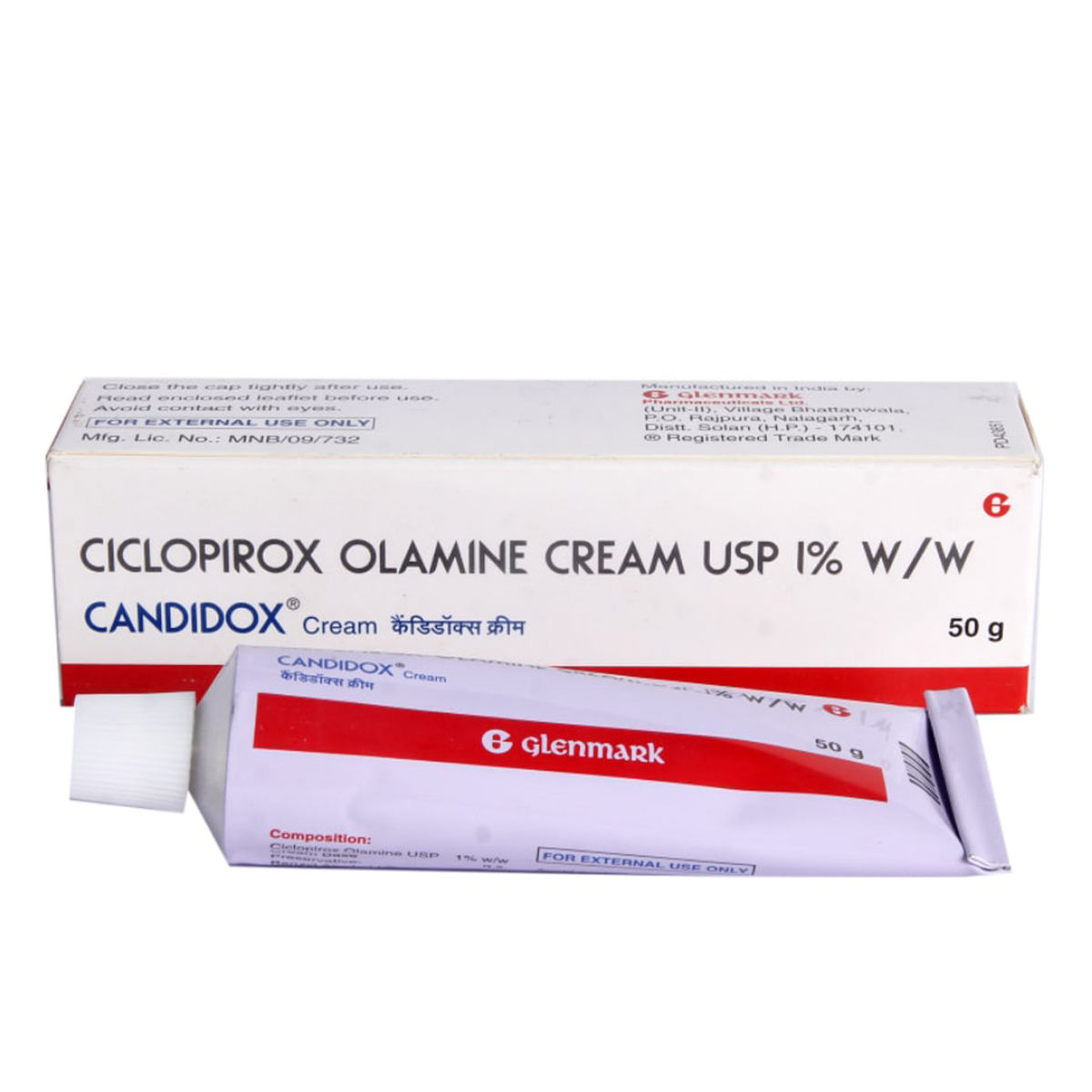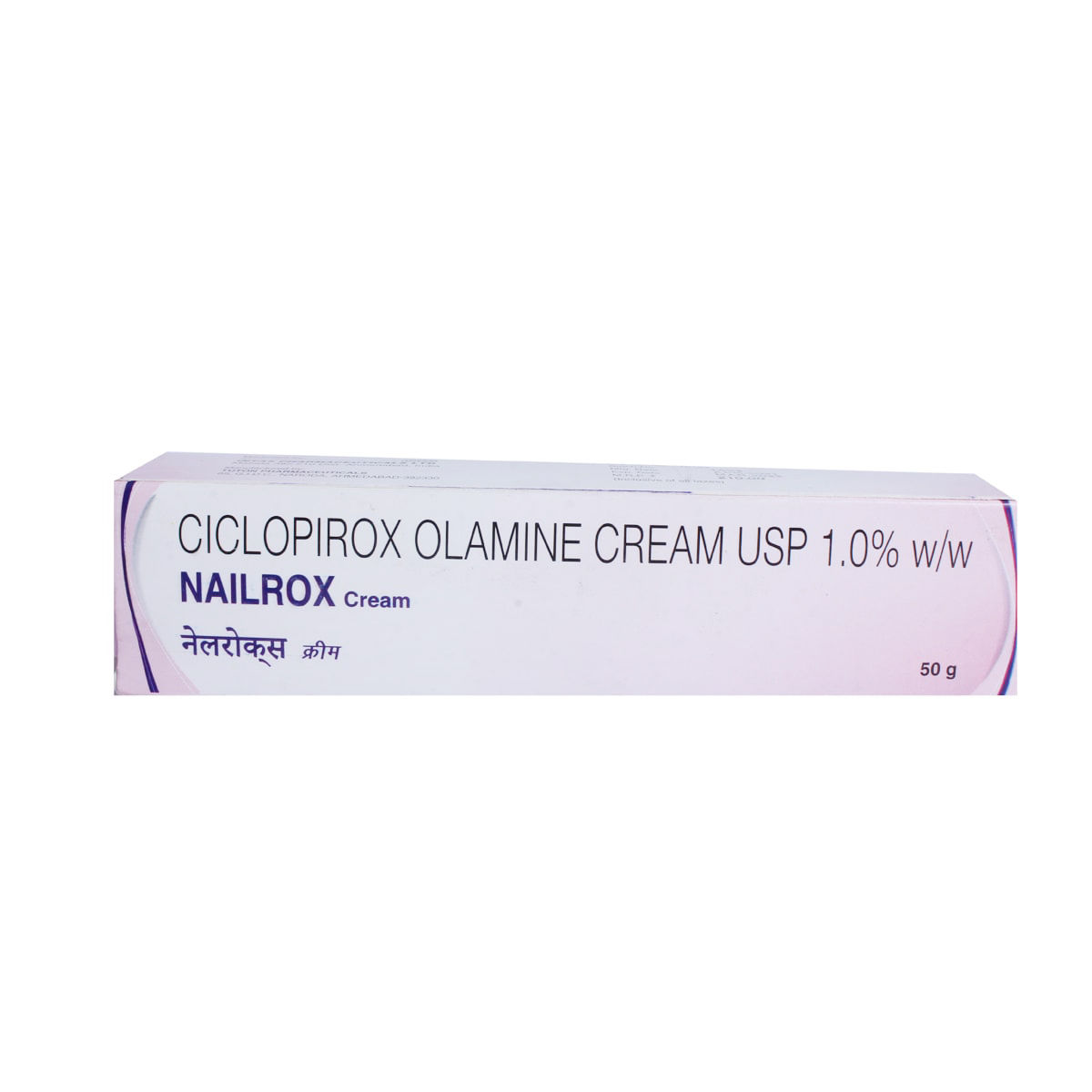Synpirox Cream 30 gm
₹166.5*
MRP ₹185
10% off
₹157.25*
MRP ₹185
15% CB
₹27.75 cashback(15%)
Free Delivery
With Circle membership
(Inclusive of all Taxes)
This offer price is valid on orders above ₹800. Apply coupon PHARMA10/PHARMA18 (excluding restricted items)
Know Your Delivery Time
Provide Delivery Location



Available Offers
Whats That

Secure Payment

India's Most Trusted Pharmacy

Genuine Products
Composition :
Manufacturer/Marketer :
Consume Type :
Return Policy :
Expires on or after :
About Synpirox Cream
Synpirox Cream belongs to the class of dermatological medication called topical antifungal primarily used in the treatment of fungal or yeast infections of the skin such as athlete’s foot (affects toes), jock itch (affects the groin area), candidiasis (affects vagina), fungal infections of the fingernails and toenails (an infection that may cause nail discolouration, splitting and pain) and ringworm (affects skin or the scalp) . Athlete’s foot, jock itch, and ringworm are fungal infections closely related, whereas candidiasis is a yeast infection caused by Candida albicans. These infections are usually seen in people with weak immune systems. They can spread through skin-to-skin contact.
Synpirox Cream contains ‘ciclopirox’ that works by inhibiting the growth of fungus and reducing the infection. It causes membrane instability by accumulating inside fungal cells and interfering with protein transport across the fungal cell membrane. Thus, Synpirox Cream clears fungal infections and provides relief from cracking, burning, scaling, and itching of the skin caused due to infections.
Synpirox Cream is only for external use. Use or Apply Synpirox Cream as prescribed by your doctor. You are advised to take Synpirox Cream for as long as prescribed, depending on your medical condition. Avoid contact of Synpirox Cream with nose, mouth or eyes. If Synpirox Cream comes in contact with these areas accidentally, rinse with water thoroughly. Some people may experience itching, irritation or burning sensation at the application site. Most of these side effects of Synpirox Cream do not require medical attention and gradually resolve over time. However, if the side effects persist or worsen, please consult your doctor.
If you are known to be allergic to Synpirox Cream or any other medicines, please tell your doctor. If you are pregnant or a nursing mother, it is advised to consult a doctor before using Synpirox Cream. Synpirox Cream is not recommended for children below 10 years of age. If you are using any steroidal cream, lotion or ointment, inform your doctor before taking Synpirox Cream so that the dose may be adjusted. Do not use Synpirox Cream in more than prescribed doses or for a prolonged time as it may cause adverse effects. Do not wrap or cover the treated area with bandages unless advised by your doctor. Do not apply Synpirox Cream to broken skin or cuts. Avoid smoking or going near naked flames as Synpirox Cream catches fire and burns easily. Inform your doctor if you have diabetes, HIV, or AIDS or undergoing chemotherapy and seizures.
Uses of Synpirox Cream
Directions for Use
Medicinal Benefits
Synpirox Cream contains ‘ciclopirox’ is a broad-spectrum antifungal agent with additional antibacterial and anti-inflammatory activities, primarily used to treat fungal infections of the skin such as ringworm, jock itch and athlete’s foot, seborrheic dermatitis (dry, flaky skin on the face, scalp, chest, upper back or ears), fungal infections of the fingernails and toenails (an infection that may cause nail discolouration, splitting, and pain) and pityriasis (a type of skin rash that causes scaly, discoloured patches on chest, back, legs and arms). It works by stopping the growth of fungus. It causes membrane instability by accumulating inside fungal cells and interfering with protein transport across the fungal cell membrane. Thus, Synpirox Cream clears fungal infections and provides relief from cracking, burning, scaling, and itching of the skin caused due to infections.
How Synpirox Cream Works
Storage
Side Effects of Synpirox Cream
- Itching
- Redness
- Irritation
- Burning sensation at the site of application
What if I have taken an overdose of Synpirox Cream
Drug Warnings
Avoid contact of Synpirox Cream with nose, mouth or eyes as it may irritate. In case Synpirox Cream comes in contact with these areas accidentally, rinse with water thoroughly. If you are pregnant or a nursing mother, it is advised to consult a doctor before using Synpirox Cream. If you are allergic to Synpirox Cream or any other medicines, please tell your doctor. Do not apply Synpirox Cream to broken skin or cuts. Do not swallow Synpirox Cream. In case of accidental swallowing, contact a nearby poison control centre or consult a doctor immediately. Avoid smoking or going near naked flames as Synpirox Cream catches fire and burns easily. Avoid the use of nail varnishes and artificial nails while using Synpirox Cream. Do not share your nail filer to prevent the spread of infection. Do not use more than what is recommended to relieve your symptoms faster, and do not cover the area being treated with Synpirox Cream with a bandage, as this may increase absorption of this medicine and the side effects. Synpirox Cream should be used with caution in people with a weakened immune system due to chronic conditions such as HIV or AIDS and who are receiving chemotherapy, diabetes, or a condition for which you use steroid medication (including skin conditions or breathing disorders).
Drug-Drug Interactions
Drug-Drug Interactions
Login/Sign Up
Drug-Food Interactions
Drug-Food Interactions
Login/Sign Up
Diet & Lifestyle Advise
Regularly change your socks and wash your feet. Avoid shoes that make your feet sweaty and hot.
In wet places such as changing rooms and gym showers, don’t walk barefoot to prevent fungal infections.
Do not scratch the affected skin, as it can spread the infection to other body parts.
Avoid sharing towels, combs, bedsheets, shoes, or socks with others.
Wash your bedsheets and towels regularly.
Habit Forming
Therapeutic Class
Synpirox Cream Substitute

C Win 1% Cream 30 gm
₹7.32per tabletC Win 1% Cream 60 gm
₹7.20per tabletCandidox 1% Cream 30 gm
by AYUR
₹7.50per tabletCandidox 1% Cream 50 gm
₹6.37per tabletCivaderm XL Cream 50 gm
by AYUR
₹6.03per tablet
Product Substitutes
Alcohol
Caution
The interaction of Synpirox Cream with alcohol is unknown. Please consult your doctor if you have any concerns.
Pregnancy
Caution
Synpirox Cream is a Category B pregnancy drug given to a pregnant woman only if the doctor thinks the benefits outweigh the risks.
Breast Feeding
Caution
If you are breastfeeding, please consult your doctor before using Synpirox Cream. Your doctor prescribes this medicine if the benefits outweigh the risks.
Driving
Safe if prescribed
Synpirox Cream usually does not affect your ability to drive or operate machinery.
Liver
Safe if prescribed
Synpirox Cream can be used in patients with liver diseases if prescribed by a doctor.
Kidney
Safe if prescribed
Synpirox Cream can be given to patients with kidney problems if prescribed by a doctor.
Children
Caution
Synpirox Cream is not recommended for children below 10 years as the safety and effectiveness were not established.
FAQs
Country of origin
Manufacturer/Marketer address
Disclaimer
Author Details
We provide you with authentic, trustworthy and relevant information




















